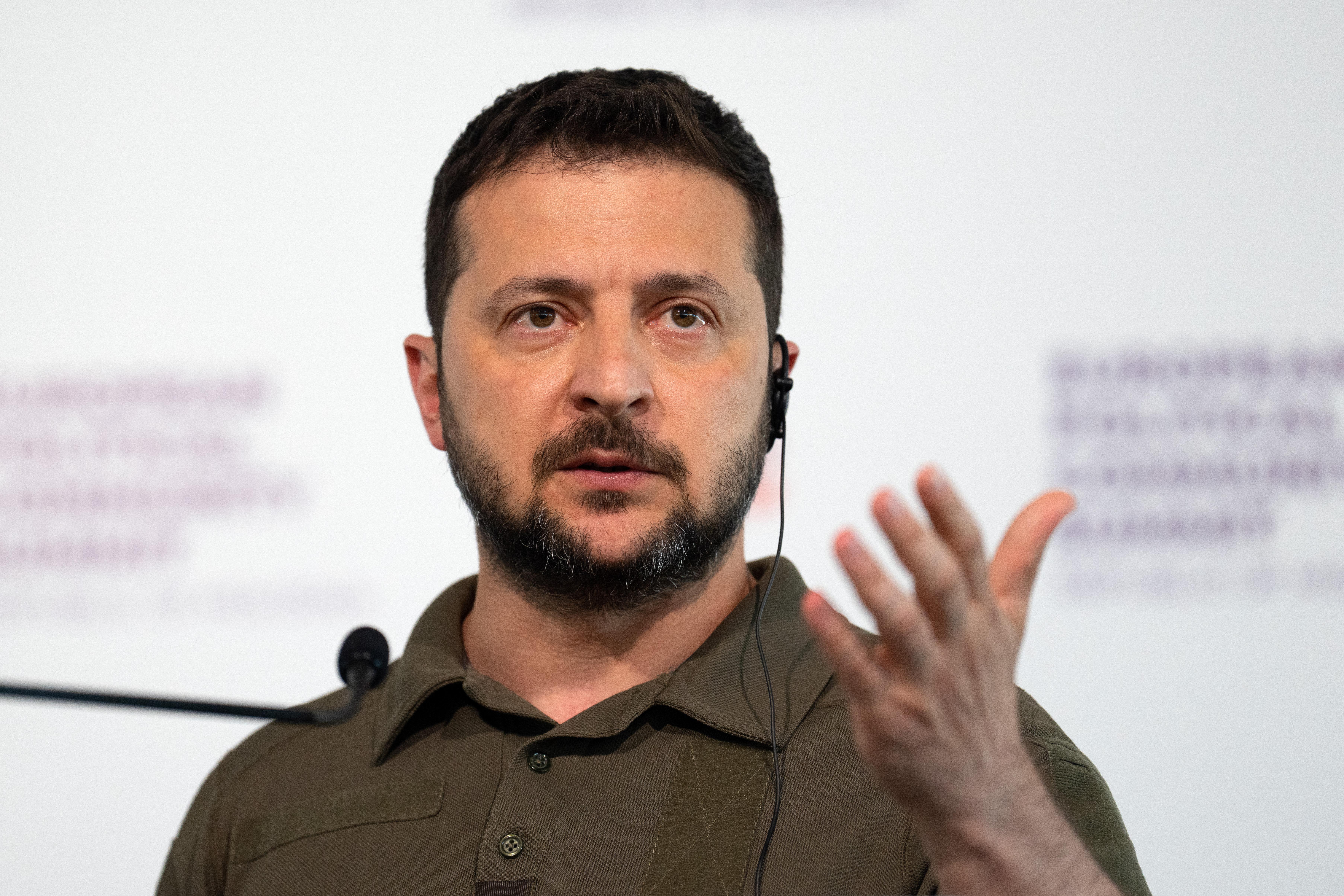Is it time for Ukraine to join NATO?
President Volodymyr Zelensky told a group of European leaders in Moldova on Thursday that he’s ready to enter the Western military alliance whenever they’re ready to have him. Ukraine’s former defense minister argues in Foreign Affairs that it should become a member “now.” Henry Kissinger, who once opposed the idea, now supports it as well. Finally, at a meeting this week in Oslo, NATO foreign ministers brought up the idea of Ukraine’s ascension and agreed to put it on the agenda for next month’s summit of NATO’s heads of state in Vilnius.
The Ukrainian army’s skill, valor, and success in repelling Moscow’s invasion certainly demonstrates that it can integrate fully with NATO’s weaponry, infrastructure, training, and tactics—one of the official requirements for admission to the alliance. In fact, it now stands as the strongest, most adept army in all of Europe.
However, there are other prerequisites that Ukraine has not satisfied, and some of them are far from trivial or merely technical matters. Let’s leave aside the requirement that a new NATO member must have a “functioning democratic political system based on a market economy” with minimal corruption—a shortfall for which Zelensky shouldn’t be penalized, given that he’s fighting a war for national survival.
But there are other requirements—laid out in an official 1995 study on NATO enlargement—that can’t be sidestepped. For instance, new members must have stable borders and display “a commitment to the peaceful resolution of conflicts.” It is hardly Ukraine’s fault that its borders are in violent contention and that a peaceful settlement, at least right now, would mean surrender. Still, NATO is a common-defense alliance, and at minimum its members need to know exactly what they’re promising to defend.
New members must also be able and willing “to make a military contribution to NATO operations.” Ukrainian soldiers are among the most capable on the continent, but they are preoccupied in their own war and thus unable to help other member-states, should they be attacked. Nor does the Kyiv government have a dime to spend on its own defense; it is entirely reliant on others for its weapons, training, and other aspects of the fight. Again, this is hardly Zelensky’s fault, but it is still a limiting factor.
There are two other considerations, apart from the formal admission requirements. First, if Ukraine joined NATO now, Article 5 of the North Atlantic Treaty (requiring members to treat an attack against one as an attack against all) would commit the United States and the other alliance members to join the war against Russia directly. This is what President Biden and the other leaders have carefully avoided, fearing that Vladimir Putin would respond by attacking the territory of NATO members, including perhaps the U.S. At tense moments in its 74-year history, the alliance has effectively deterred Russian aggression in Europe. But bringing Ukraine onboard would mean stepping into—and expanding the scope of—a war already in motion. And while the members are committed to helping Ukraine stave off Moscow’s invasion (to the tune of sending tens of billions of dollars in military aid), they aren’t so committed as to risk World War III.
There is one final matter. If there ever are peace negotiations to end this war, Ukraine’s status within European institutions will likely be a point of discussion. To bring the country into NATO now would preempt membership’s value as a bargaining chip. For example, in settling the disposition of Crimea, one could imagine a deal where Russia controls the peninsula, in exchange for which Ukraine joins NATO (or Ukraine gets Crimea but can’t join NATO).
The Ukrainian people have demonstrated that they deserve a place in the West. At the very least, they deserve a set of security guarantees from several friendly nations, many of which happen to be NATO members. But those arguing for Ukraine’s instant admission to the alliance—on the premise that it will help Kyiv quickly win the war—are looking for easy, legalistic solutions to a hard political and military challenge. NATO membership probably will happen—and should happen—at some point. But for several institutional and practical reasons, now is not the time.
